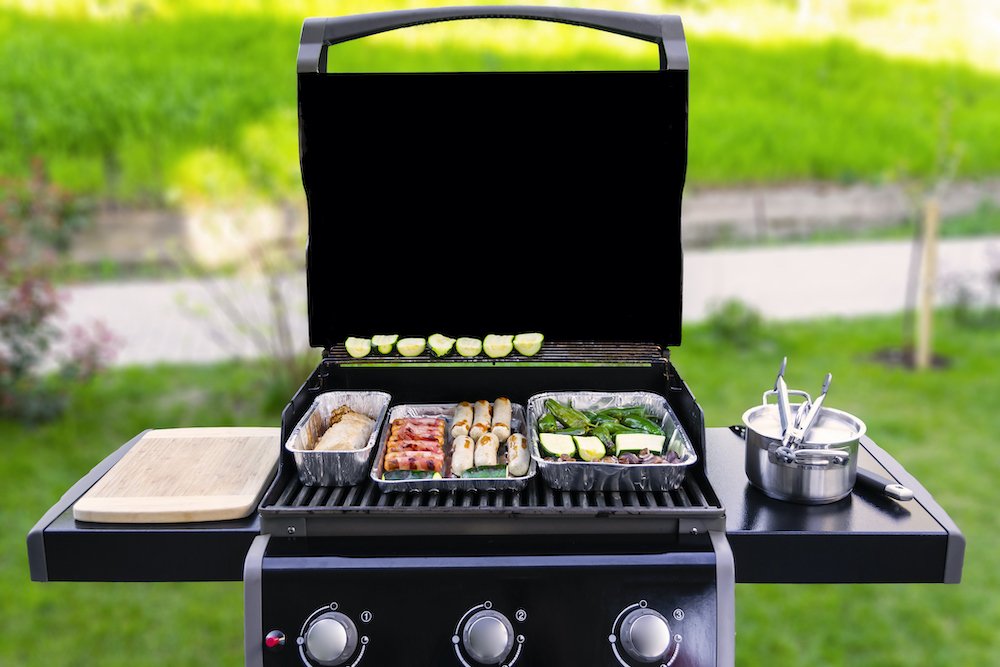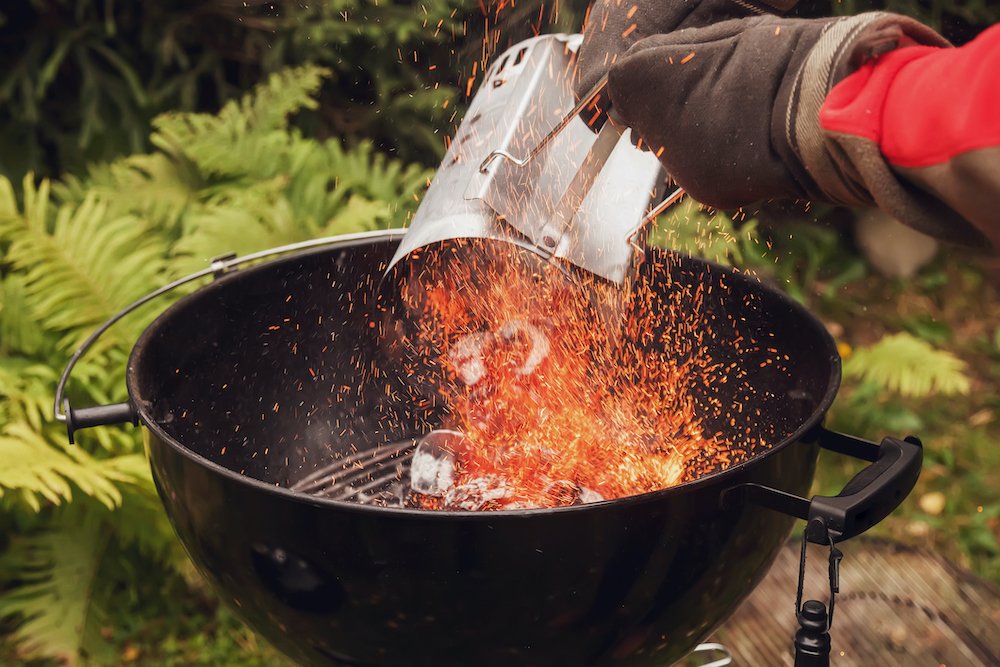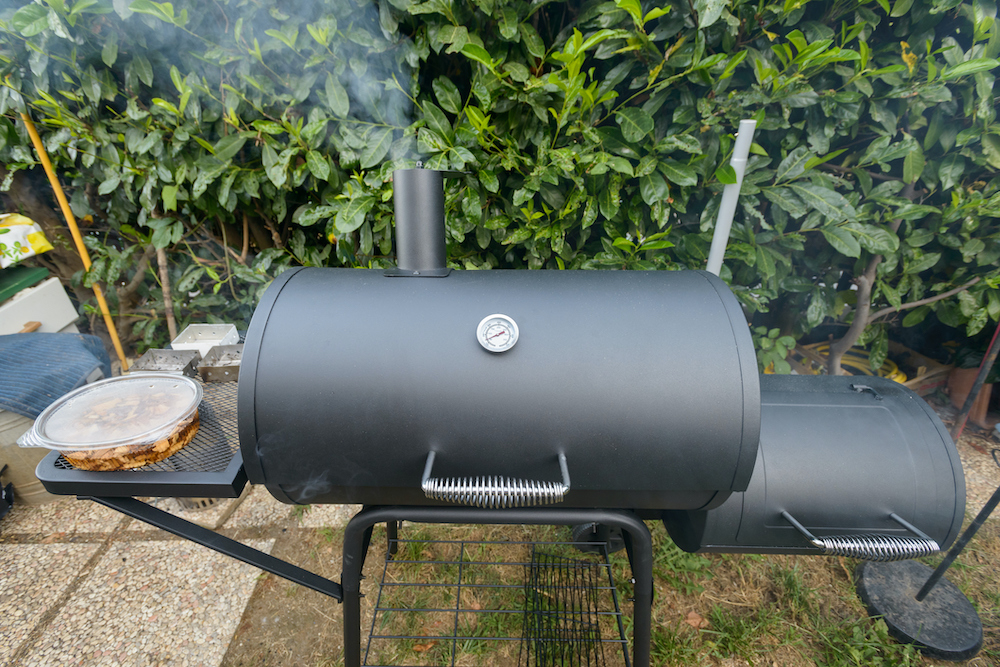Summer may be heading toward a conclusion, but grilling season really never ends. Once we get past summer, it’s time for football tailgating season. Serious grillmasters will also find an excuse to fire up the grill even on a cold winter day.
If you’re in the market for your first grill or maybe an upgrade to your current setup, we’re here with a few tips to help make the process go more smoothly. Ss smooth as the sauce on a rack of baby back ribs? We can only hope.
When thinking about buying a grill, one of the biggest decisions that will fuel your decision is… well, fuel.
Fuel
One of the first ways to break down all of your grilling options (and there are hundreds) is to select your fuel type. There is no right or wrong decision to be made here, as there are amazing grills that use every type of fuel. However, each tends to come with its own pros and cons.

Cooking with Gas
Today, these are the most popular type of home grill. Head to your local home improvement store and you will likely find at least a dozen options among gas grills. Although, even when it comes to gas, you have the option of a propane grill (the most common) or a natural gas grill, that ties into your home’s natural gas line. Basically, you turn on the gas and push the ignition button and they fire up. Quick and easy.
Pros
- Easy control over the heat, as you can turn the flames up or down like a gas stove in the kitchen.
- Availability, as these are about the easiest grills to find on the market.
- Easy clean-up, since there is no ash or other debris to throw away at the end of your cooking session.
Cons
- Where’s the smoke? Gas grills won’t impart the smoky flavor that many people associate with grilling. So you would need to invest in a separate smoking box of some kind to approximate that old-school smoke smell and flavor.
- Gas grills are best for faster cooking times. So, if you want to cook low and slow, they may not be your best bet.

Charcoal
When I grew up, charcoal grills were the staple in every suburban backyard. They deliver that smokiness that people expect from grilled food. Setup involves creating a pile of charcoal briquettes, lighting them on fire, and waiting for the heat to build. They come in many shapes and sizes.
Pros
- That traditional smoke smell and flavor are built-in.
- There’s more art to grilling with charcoal, and some people love the process.
- A basic charcoal grill is the most affordable option on the market. Although you can still spend quite a bit on a particular brand.
Cons
- Building the fire takes time and sometimes even a bit of expertise.
- Controlling temperatures is challenging.
- Cleanup is required every time you grill.

Pellet
These grills burn small wood pellets instead of charcoal. They can still produce smokey flavors and often come with times and temperature controls that make it easier to dial in the proper amount of heat.
Pros
- Smokey flavor.
- Good control over temperature, if you get a mode with an effective temperature control system.
- Great for cooking low and slow.
Cons
- There aren’t a lot of inexpensive options when it comes to pellet grills.
- They can be a bit bigger and bulkier than the smaller gas or charcoal grills.
If you are up for something a bit more advanced, check out our guide to smokers!
